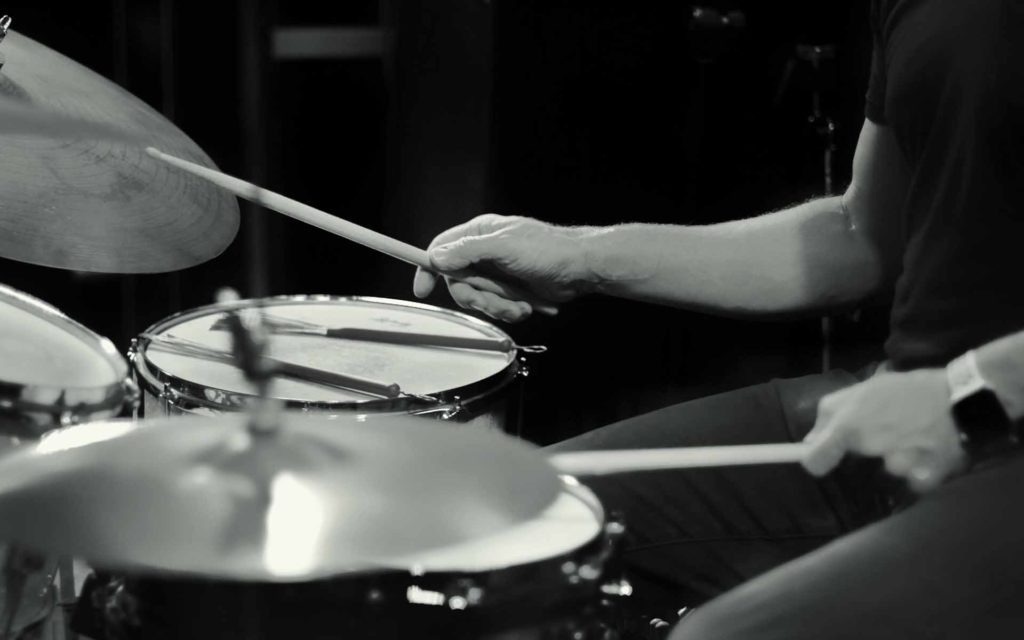Jazz has long held a profound influence on the global music scene, and the United Kingdom is no exception. The smooth, intricate notes of jazz have reverberated through British culture for nearly a century, serving as a powerful force in shaping societal norms, fashion, and art. But the impact of jazz transcends beyond the realm of music and culture, and we’re going to explore this deeper connection – the social impact of jazz in the UK.
Jazz: A Catalyst for Social Change
When jazz first landed on British shores in the early 20th century, it was considered unconventional and even subversive. Its freedom of expression and improvisational nature challenged the traditional norms of music. This was a reflection of the wider societal changes happening in the post-war era. The growing popularity of jazz symbolised a shift towards individuality, freedom, and a break from tradition.
Moreover, jazz became a medium for promoting racial harmony. In the racially divided society of the 20th century, jazz music was one of the first spaces where racial boundaries began to blur. Black and white musicians sharing the stage and making music together became a powerful symbol of unity and social equality.
The British Jazz Revolution
The UK witnessed a jazz boom in the 1960s and 70s, with British artists incorporating jazz elements into mainstream music genres like rock, pop, and soul. This jazz revolution had significant societal impacts, primarily in fostering creativity and innovation.
The fusion of jazz with other genres represented a broader societal trend of embracing diversity and encouraging experimentation. It sparked a wave of innovation in the UK music scene, leading to the creation of unique sounds and styles that pushed the boundaries of what was considered “acceptable” music.
Jazz Education: A Force for Empowerment
In recent years, jazz education has emerged as a powerful tool for social empowerment in the UK. Jazz programs in schools and universities not only equip students with musical skills but also foster essential life skills such as creativity, collaboration, and critical thinking. These programs create opportunities for young people, particularly those from underprivileged backgrounds, to express themselves creatively and find their voice.
Furthermore, the improvisational aspect of jazz is used as a metaphor for the fluidity of life, teaching students to be adaptable, to think on their feet, and to express themselves authentically. These lessons extend beyond the classroom, influencing the way young people navigate their personal and professional lives.
The Power of Jazz Festivals
Jazz festivals in the UK have also played a crucial role in uniting communities and promoting cultural exchange. Events like the London Jazz Festival and Cheltenham Jazz Festival are more than just music events. They are platforms for dialogue, bringing together artists, audiences, and communities from different backgrounds, fostering mutual understanding and respect.
Conclusion: The Enduring Legacy of Jazz
In conclusion, the influence of jazz in the UK extends far beyond the realm of music. It is a social phenomenon that has shaped societal norms, promoted racial harmony, fostered innovation, empowered young people, and brought communities together. As we move forward, jazz continues to evolve and adapt, reflecting and responding to the changing social landscape. Its enduring legacy serves as a testament to the transformative power of music, reminding us that we can, indeed, create harmony out of discord.

